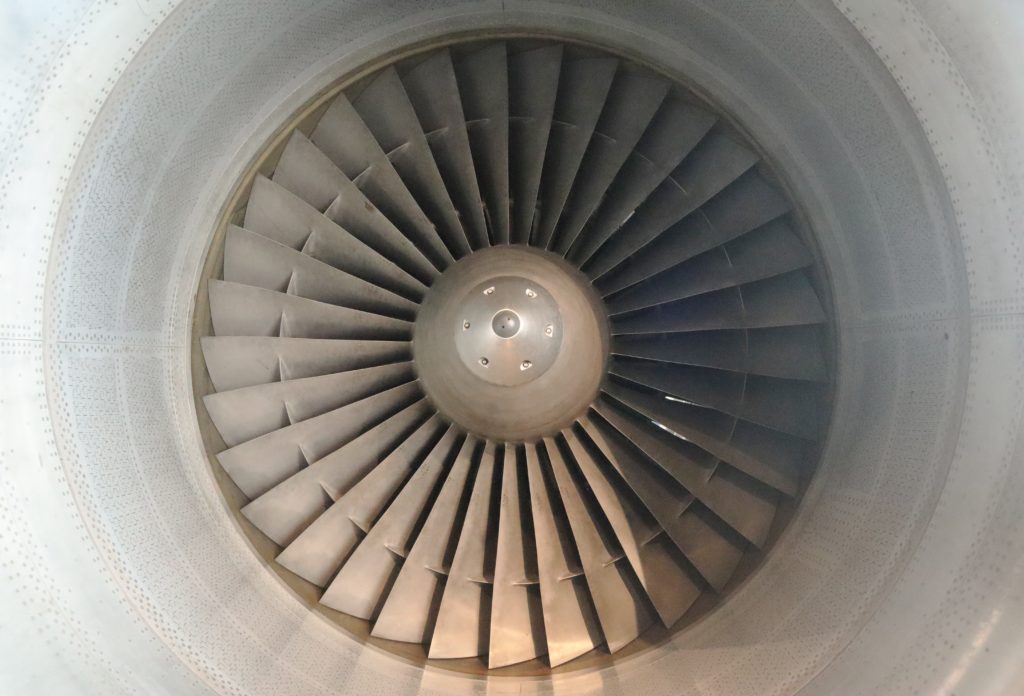During the month of July, many of the world's largest companies in the defense and air force industry presented their reports for the second quarter. Overall, there were cheerful tones and several of the major American companies took the opportunity to raise their guidance for the whole year. United Technologies, Honeywell International and Lockheed Martin raised all of its profit forecasts, while United Technologies showed a revenue increase of 9 percent within the aviation division during the quarter.
Increased budget allocations
An important piece of the puzzle for how future revenue streams will look like for these companies is how large investments are made by the US defense. This is determined in turn by a budget set by the government. During July, a new agreement was reached regarding this budget. In the agreement, it is proposed that the appropriations for the defense should amount to 738 billion dollars in 2020 and that they should be increased in 2021. The figure indicates a significant increase in the appropriations which in 2018 amounted to about 634 billion dollars.
Source: Extras
Strong development and low valuation
In addition to increased US budget allocations, there are a number of other factors that point to a good development for defense companies' share prices going forward. These include the companies' strong profit growth, increased acquisition activity in the sector (see the recently announced deal between United Technologies and Raytheon) and (unfortunately) the many ongoing and potential military conflicts in the world.
To these catalysts can be added a historically low valuation of the sector.
The major US defense companies are trading at a little more than 14 times next year's estimated earnings. That's a 5 percent discount to historical average levels and a 5 percent discount to other stocks in the Dow Jones Industrial Average Index. That gap should close again if the defense companies continue to deliver sustained strong profit growth. In addition, these companies have historically shown that they can cope with downturns on the stock market relatively well – a not unimportant detail when the trade conflict between the US and China has now once again come into focus on the market.
